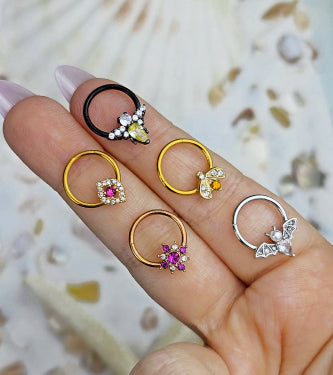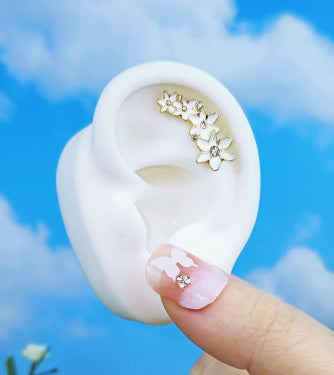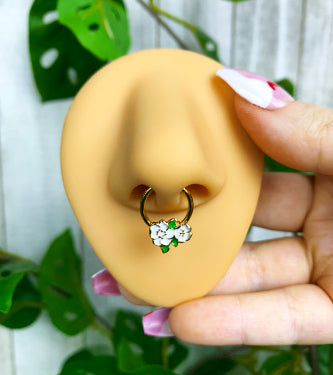Pastel colors, plush dolls, and everything cute may seem childish but the kawaii movement is much more. Kawaii is Japanese for cute, lovable, or adorable. This popular fashion movement encompasses personal appearance, behavior, food, toys, clothing and entertainment. Related to this is the Lolita style, which is much like a pastel version of the Victorian look including: lace, parasols, petticoats, bloomers, and bows.
The Kawaii movement is in it’s original form, an act of rebellion. In 1974, Japanese women mostly in the teen aged group, rejected the traditional style of handwriting. They created their own new font called “kitten writing”. The characters in this font were bubbly and often included hearts, much like in English if you were to replace the dotting on an “i” with a heart. The girls began obscuring their words when speaking, mimicking a child learning to talk and often referred to themselves in the third person. Eventually the movement boomed and companies in the ever changing post-war Japan took notice. In particular Sanrio, the creators of Hello Kitty. They began by introducing their line of stationary, which served as a perfect canvas for the new kawaii font or kitten writing. Eventually the market moved into making toys, back packs, and other school supplies.
This big underlying point in kawaii culture is not to cultivate a woman’s sex appeal, but for her to be cute and beautiful rather than sexy. Japan is known for being a very strict culture and kawaii was a way to throw off the strict formalism that prevails over society.





